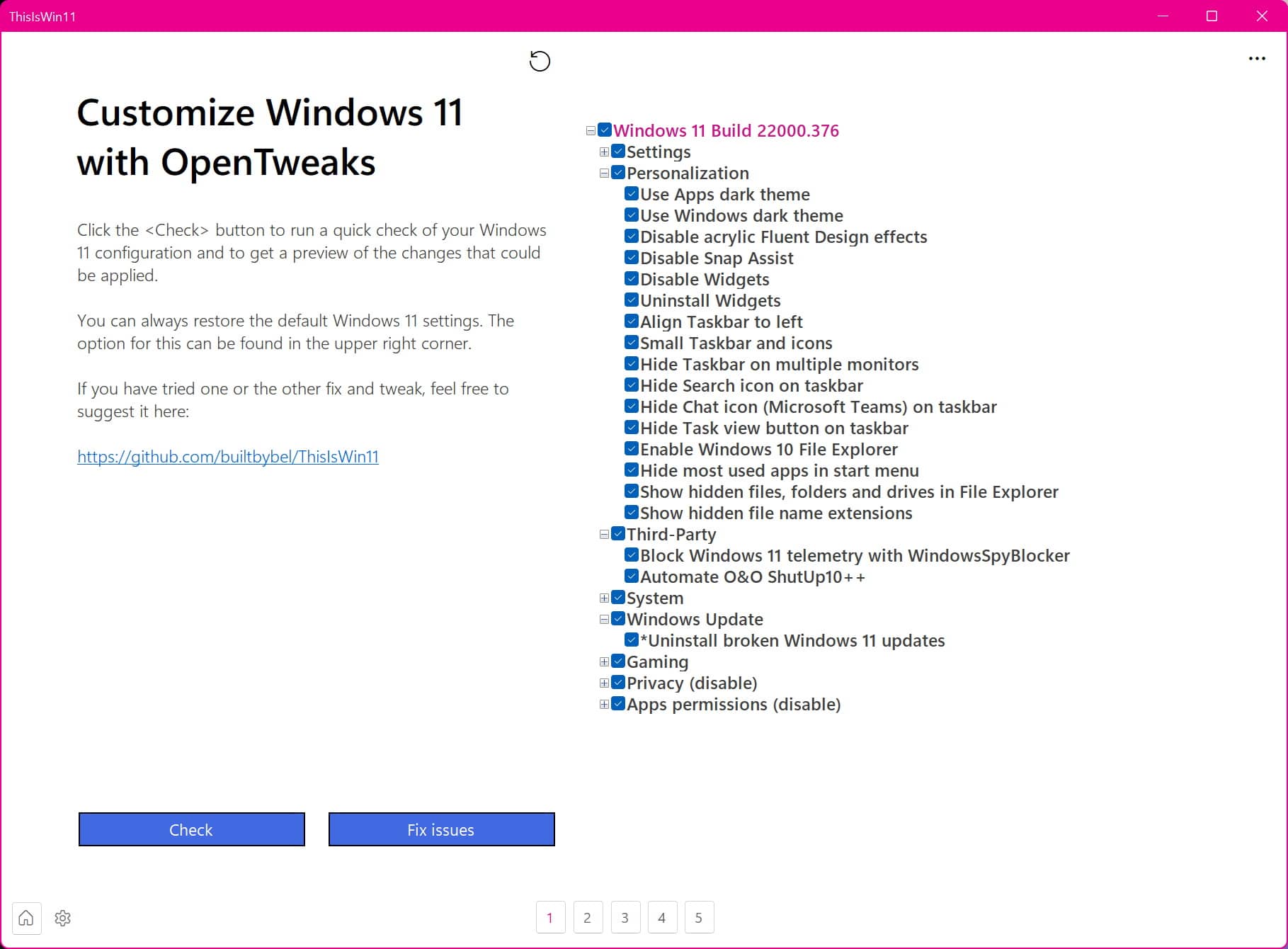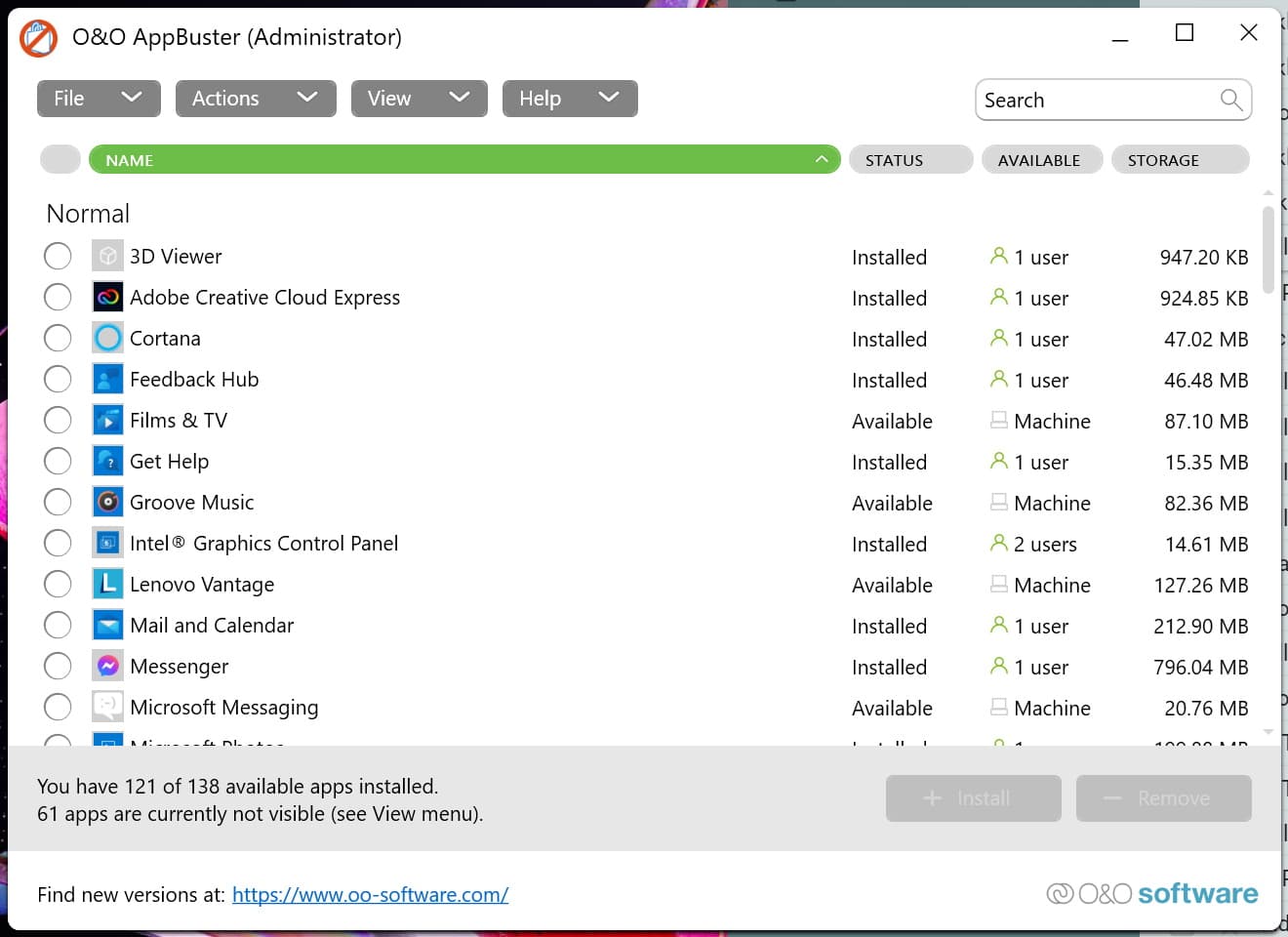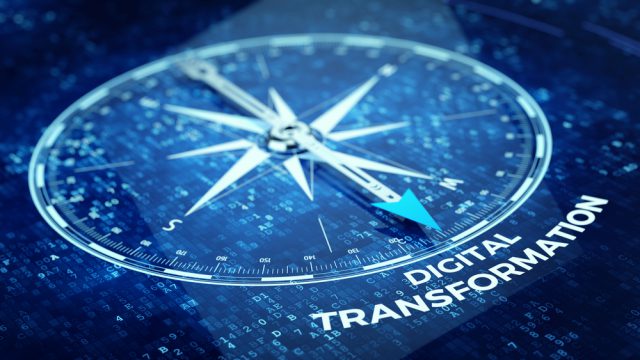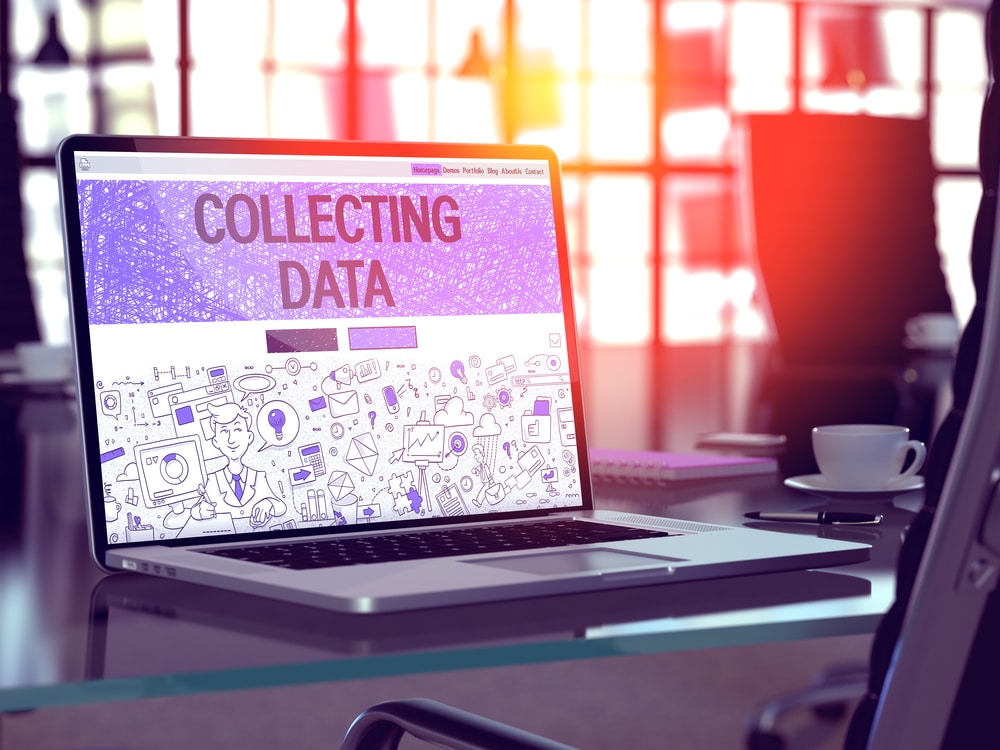
How AI-as-a-Service is perfectly poised to meet next-era production's ramp-up & capacity challenges
Manufacturing and the science of materials are evolving quickly, so the rate of new products and product variations industrials put into the world is increasing. This evolution also means process parameters, which circumscribe the making of things, are proliferating. Meanwhile, the quality metrics of products and components have become more refined than ever before.
As a by-product, industrial equipment sensors generate an abundance and complexity of data far beyond the reach of statistical process control -- let alone human capacity. Semiconductor engineers, for example, must contend with petabytes of data daily. And they do so from wafers with chip architectures fabricated to accommodate hundreds of millions of transistors per square millimeter.

Washington cannot let Amazon water-down consumer protection legislation
The holiday season is a reminder that with more Americans than ever heading online to do their shopping, lawmakers must continue taking action to prevent consumers from falling prey to internet scammers. That’s why it was welcome news when Amazon recently reversed course on its longstanding opposition to bipartisan consumer protection legislation in Congress that would require third-party online marketplaces to verify independent sellers, with the goal of reducing counterfeits and stolen goods from these platforms.
But while Amazon’s public change of heart seemingly paves the way for the eventual passage of the bill, known as the INFORM Consumers Act, lawmakers must ensure that the retail giant and other tech companies do not work behind the scenes to water down the legislation and render it toothless. Counterfeits pose great harm to consumers and small third-party sellers, and Congress must pass strong, comprehensive enforcement mechanisms to adequately protect both groups.

2022 will be the year of broadened supply chain security -- here's why
Even a year after the SolarWinds infiltration in late 2020, software supply chain risk continues to dominate the security conversation. Take the Log4Shell vulnerability that recently came to light and caught everyone off guard. Not only is this flaw insanely easy to exploit but the impacted Log4j library is used in nearly every enterprise Java installation -- and the vulnerability gives attackers ultimate power to download, delete, install, and server-hop as they please. As even massive companies like Google, PayPal, Apple, and Netflix are impacted by this flaw via the software supply chain, it’s another one that makes organizations wonder: are we using that too?
In 2022, IT leaders will intensify their supply chain focus to answer this very question, expanding their scrutiny from their own applications to the components they buy and integrate. Widening the scope of the supply chain is crucial; outside software and components need their checks and balances just as code created internally does. This deepened understanding of supply chain risk will increase demands to test and secure everything, from the most seemingly insignificant open source package to the most extensive APIs and third-party components.

PowerToys alternative ThisIsWin11 gets a huge visual revamp
For anyone making the switch from Windows 10 to Windows 11, there is quite a lot to learn, as well as a reasonable amount of stuff to unlearn. And for anyone venturing out into computing for the first time, or people making the switch from macoS or Linux to Windows, there even more to consider!
ThisIsWin11 is a free portable app that serves several purposes, one of which is introducing some of the key features of Windows 11. The app started life as a simple project to help people to become familiar with the latest version of Windows, but it has expanded to be a tweaking tool as well. And the latest incarnation introduces a completely new look.

Evolution revolution: How tech is leveling the playing field for alternative investment firms
For alternative investment organizations -- foundations, endowments and family offices -- it’s not easy keeping pace with larger competitors with deeper pockets and a lot more personnel. Perhaps the most critical problem facing these small to mid-sized investment offices is an ever-present lack of confidence in the quality of diverse portfolio investment streams, coupled with an inability to view and manage data across multiple views.
This is the result of a hurdle that has long stood at the intersection of investing and accounting. Every day, these professionals try to assemble data that’ll enable their firms to effectively manage a range of different portfolios and seize opportunities with better, faster decision making. Yet, like Bill Murray in Groundhog Day, each day is a repeat of the one prior; sources can’t be audited and verified promptly enough, leading to serious data discrepancies.

O&O AppBuster updates to make it easy to remove the bloat from Windows 11
Hard drives may be larger and cheaper than ever, but that's no reason to fill them up with things we don't need. While you may be in the habit of uninstalling software that has outlived its use, when it comes to Windows itself there are probably many elements you not only don't use, but don't know how to get rid of.
And this is where O&O AppBuster can help. Newly updated to support Windows 11, this portable app provides an easy way to remove not only the software you have manually installed, but also the pre-installed components of Windows. In addition to supporting Windows 11, this latest version adds new features and updates the look and feel.

Failure to launch: Meta's Novi pilot emphasizes massive 'trust' problem
The lack of public accessibility is the biggest barrier to the mainstream adoption of cryptocurrency. While many companies, such as Unbanked, VISA, and Square, have embraced and integrated various internationally accessible platforms and programs, tech giants like Meta have not been involved until now.
But on 19th October, Facebook (as it was still then) announced the launch of its own digital Novi wallet. The launch was part of the Novi wallet pilot program in the US and Guatemala. In partnership with Coinbase, a leading cryptocurrency exchange platform, the pilot program will allow users to securely and instantly send and receive money using Paxos stablecoin.

The Smart Hospitals of tomorrow need smarter software
The Internet of Things is one of the most exciting fourth-generation technologies being adopted today. It is certainly the most useful -- and not just for your Roomba or Alexa devices. Perhaps the most promising uses for this tech is healthcare, or as technobabble labels it, 'Smart Hospitals'. If paired with the right sensors and digital workflow tools, IoT will have a revolutionary impact on modern healthcare.
A shining example of what the hospital of tomorrow may look like is the Humber River Valley Hospital in Canada. It is arguably one of the best examples we have of a truly interconnected, digital hospital. For example, it has a fully online appointment schedule, a digital check-in, electronic path lab test ordering and results, an automatic Managed Equipment Service, a RIVA Chemotherapy Robot, and Automated Pharmacy Systems (with three-quarters of the hospital supply chain totally automated).

Five best practices to get more from Threat Intelligence
The key takeaway from October’s Cybersecurity Awareness Month was the urgent need to make security a priority. To do this, many security operations teams are leaning into threat intelligence to understand specifically where and how to focus their efforts to better protect their organizations.
In fact, the SANS 2021 Cyber Threat Intelligence (CTI) Survey found that organizations of all sizes and across all industries are adopting CTI (cyber threat intelligence) programs, reflecting broad-based recognition of the benefits CTI programs can provide. This is quite an evolution from several years ago when CTI was conducted on an ad-hoc basis.

5 trends driving solar tech adoption in 2022
It’s expected that solar adoption and employment will grow in the next few years. Whether it’s more solar jobs or more homeowners adding solar panels to their roofs, solar as an energy source will become more commonplace. Solar is one of the most promising technologies that will help say goodbye to fossil fuels and move to renewable energy sources.
While solar technology has come a long way, there’s always more room for improvement, and it’s expected that innovations will help solar tech evolve. What other trends are driving solar adoption? Let’s explore which current and emerging trends will likely lead to higher levels of adoption in 2022.

Cryptocurrency trends to watch for in 2022
The cryptocurrency industry is continuing to grow and evolve. Over the past few years, the use and value of many common cryptocurrencies have risen exponentially, generating more public interest in how and where these non-fiat currencies may lead investors and users moving forward.
Now, as we move forward into 2022, we are another year wiser and there are additional trends to watch for as a growing number of users begin to gain interest in using and trading cryptocurrencies.

Why research intelligence is the key to digital transformation success
As technology has improved in leaps and bounds, digital transformation has become imperative in enterprises everywhere. Broadly speaking, digital transformation has sought to use digital workflow processes and large-scale data collection to drive decision-making and move away from guesswork-based strategy management.
While organizations have successfully mobilized data collection efforts, making the most of these datasets has proved challenging. Many organizations struggle to avoid data silos and end up running analytics on incomplete data. Add to this issues such as a lack of data integrity and resources spent cleaning data, and it's easy to see why digital transformation is often halted in its tracks.

The cloud in 2022: How broader adoption and reliance will enable business success
The past 18 months have brought a stronger, widespread reliance on cloud services worldwide. Many organizations have shifted to the cloud permanently to support their remote workforces, and this shift has helped the technology become deeply embedded into everyday modern business operations.
As we head into the new year and approach the two-year mark of the pandemic, businesses will become even more integrated with the cloud. No longer will the top question be -- "How do I migrate my business to the cloud?" or "Is the cloud the best option for me?" Instead, experienced and savvy organizations will ask, "How can I tailor the cloud to best meet and surpass my business goals?"

Data integration: Why it's essential for every successful business
Ninety percent of the world's data was created in the past two years alone. Now, industry experts predict this volume of data will double in size every two years. To keep up with the rise in data volume, more companies are starting to transition from on-premises to cloud data storage.
Data integration is essential as businesses scale their operations, handle large amounts of data, and make their data more accessible. So, it's no surprise 81.7 percent of companies now have a mix of legacy and modern cloud technologies, highlighting the rapid transition to cloud data storage. Without effective integration, companies risk mismanaging their important data, leading to inaccurate reporting, tracking, and decision-making that could negatively impact their business.

6 industries that will be affected by AI in 2022
Artificial intelligence is shaping the future of how people work, live, and play, and its impact will grow in 2022. Just as robotics affected certain industries more than others, artificial intelligence (AI) will be at the forefront of change in a few particular industries going into 2022. Some of these industries may even come as a surprise.
A recurring theme when it comes to the growth of AI is its value for augmenting the skills of humans or filling in their gaps without actually replacing human workers. What many industries are finding is that they still need human employees, but AI can help them work safer, faster, and smarter. These six industries will be at the center of the AI ripple effect in the year ahead.

